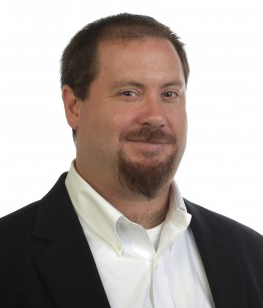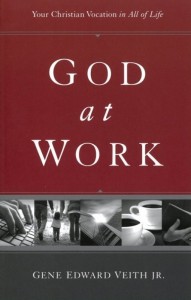Speaking of Ch-ch-ch-ch Changes …
In the last few weeks, we’ve highlighted the departures of two respected journalists from the Godbeat.
First, Bob Smietana left The Tennessean.
Then Ann Rodgers announced plans to leave the Pittsburgh Post-Gazette.
Now, a third religion-writing superstar — Tim Townsend of the St. Louis Post-Dispatch — has decided to leave the Godbeat.
Townsend revealed his plans on Twitter and even provided dramatic music to go along with the announcement:
ANNCMNT: (http://t.co/SMbYrrNM6Q) I’m leaving the PD to be a writer/editor at @PewReligion. Sad to depart STL, but very excited to join Pew.
— Tim Townsend (@townsendreport) September 6, 2013
Townsend’s tweet prompted this response from religion writer Laurie Goodstein of The New York Times:
@townsendreport Congrats on new job and your upcoming book. Will the last one on the religion beat please turn out the lights?
— Laurie Goodstein (@lauriegnyt) September 6, 2013
Smietana. Rodgers. Townsend.
In journalism, we all know that three examples make a trend. (Or are we up to six now?)
There’s a legitimate news hook here, people. Who will be the enterprising Godbeat soul (if there’s anyone left) who will step up, interview these three and write a Pulitzer Prize-winning feature story on why no one wants to cover the religion beat anymore? (To anyone out there screaming that I’m overgeneralizing, shhhhhhh. We’ll add context to the piece later, but first we need to inspire someone to take the assignment. The more dramatic, the better.)
My nomination for this assignment: former GetReligionista Sarah Pulliam Bailey, now a rockin’ Godbeat pro herself (at least as of this moment) for Religion News Service.
What say ye, Sarah? You up for it?
In the meantime, kind GetReligion readers, please feel free to leave a comment. If you want, you can reflect on how much you’ll miss Townsend’s excellent journalism with the Post-Dispatch. Or if you prefer, you can speculate on who will be next to leave the Godbeat. No wagering, please.
Update: Sarah just sent the following tweet to RNS Editor in Chief Kevin Eckstrom, so it appears she’s considering the story idea!
@kevineckstrom, save me from @bobbyross @tweetmattingly @GetReligion?
— Sarah Pulliam Bailey (@spulliam) September 10, 2013














